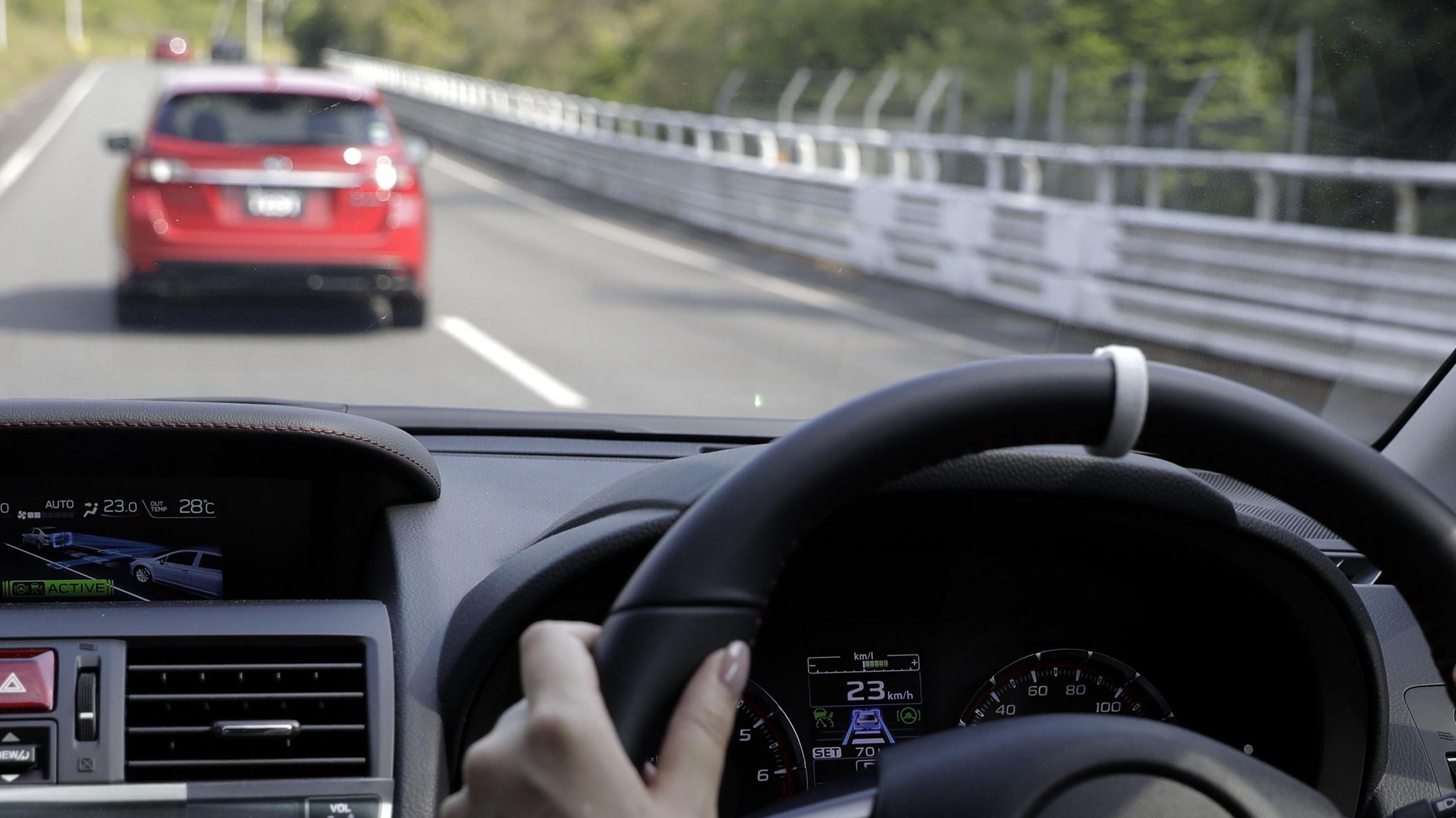Drivers warned they could lose licence over sight

Drivers need to be able to read a car number plate from a distance of 65ft (20m)
- Published
Lincolnshire Police have been carrying out roadside eyesight checks as part of a national safety campaign.
Operation Dark Night aims to raise awareness of the dangers of driving with defective vision.
One driver tested during the spot checks was found to need 19ft (6m) to read a number plate, the legal minimum is 65ft (20m).
Insp Jason Baxter said officers have the power to revoke driving licences on the spot.
He added: "It's estimated somewhere between 5 -10% of drivers and riders on the roads don't meet the required standards."
He added: "Only a few weeks back, officers checked somebody's eyesight and this individual was down to six meters before they could read a number plate, so the licence was revoked at the roadside."
The tests are voluntary, but if a driver commits an offence the police have the power to request a test. If they fail a roadside test, under Cassie's Law, police can contact the DVLA electronically and revoke a licence immediately.
Cassie's Law was introduced in 2013 following the death of 16-year-old Cassie McCord. She died in 2011 when Colin Horsfall, 87, lost control of his car in Colchester after failing an eye test days earlier.
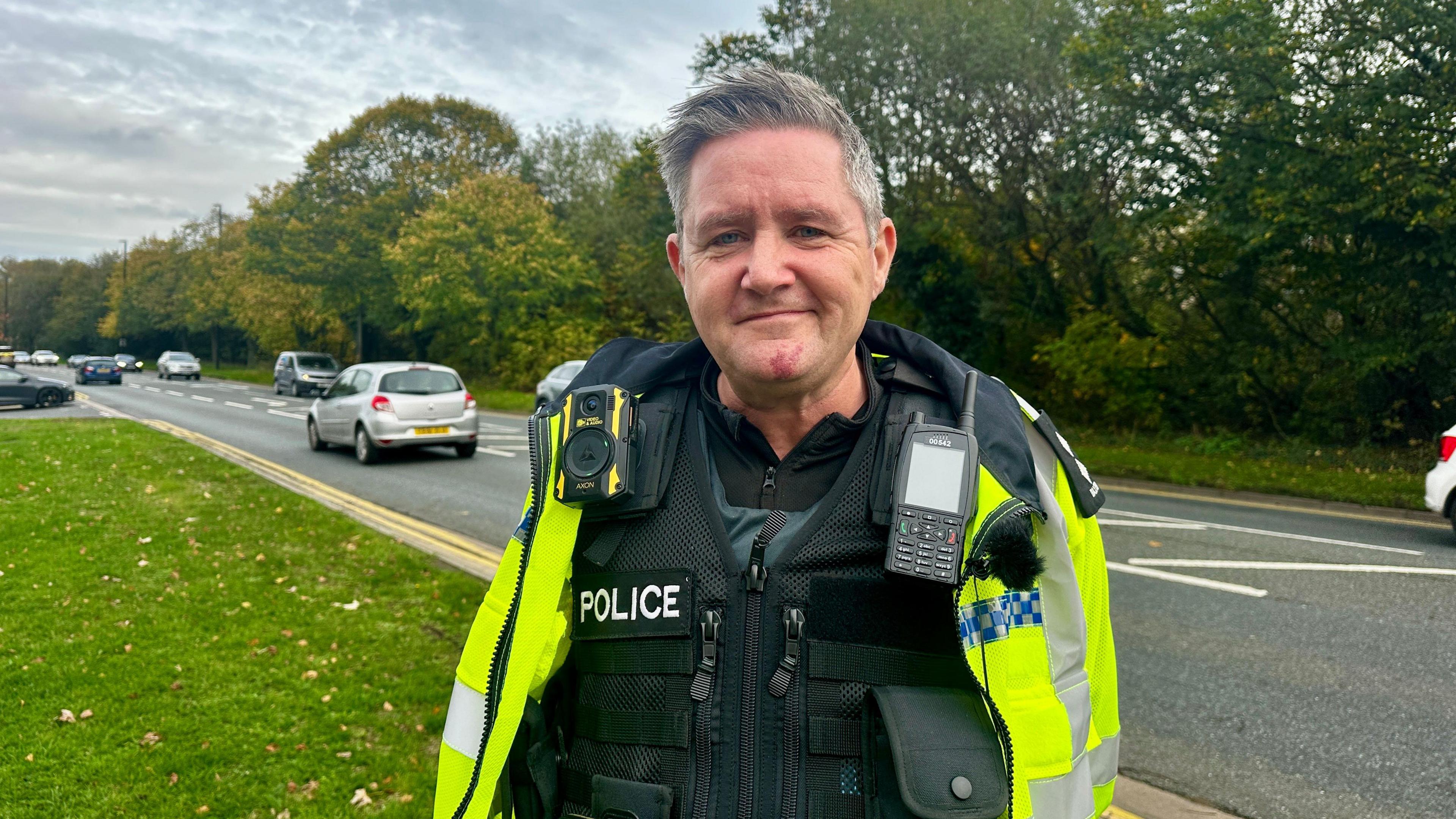
Insp Jason Baxter said poor vision costs lives
Simon Outen-Coe from the Lincolnshire Road Safety Partnership said the checks were not aimed at older drivers.
"Your eyesight standard applies whatever your age, the police will be pulling over anybody and everybody."
He added: "Everybody should be checking their eyesight regularly, it's like a good MOT on your body."
He also warned about the repercussions of not wearing prescribed glasses.
"If an optician advises you to wear your glasses while driving, it's not an option. If you're involved in a collision and you weren't wearing them, you could be prosecuted."
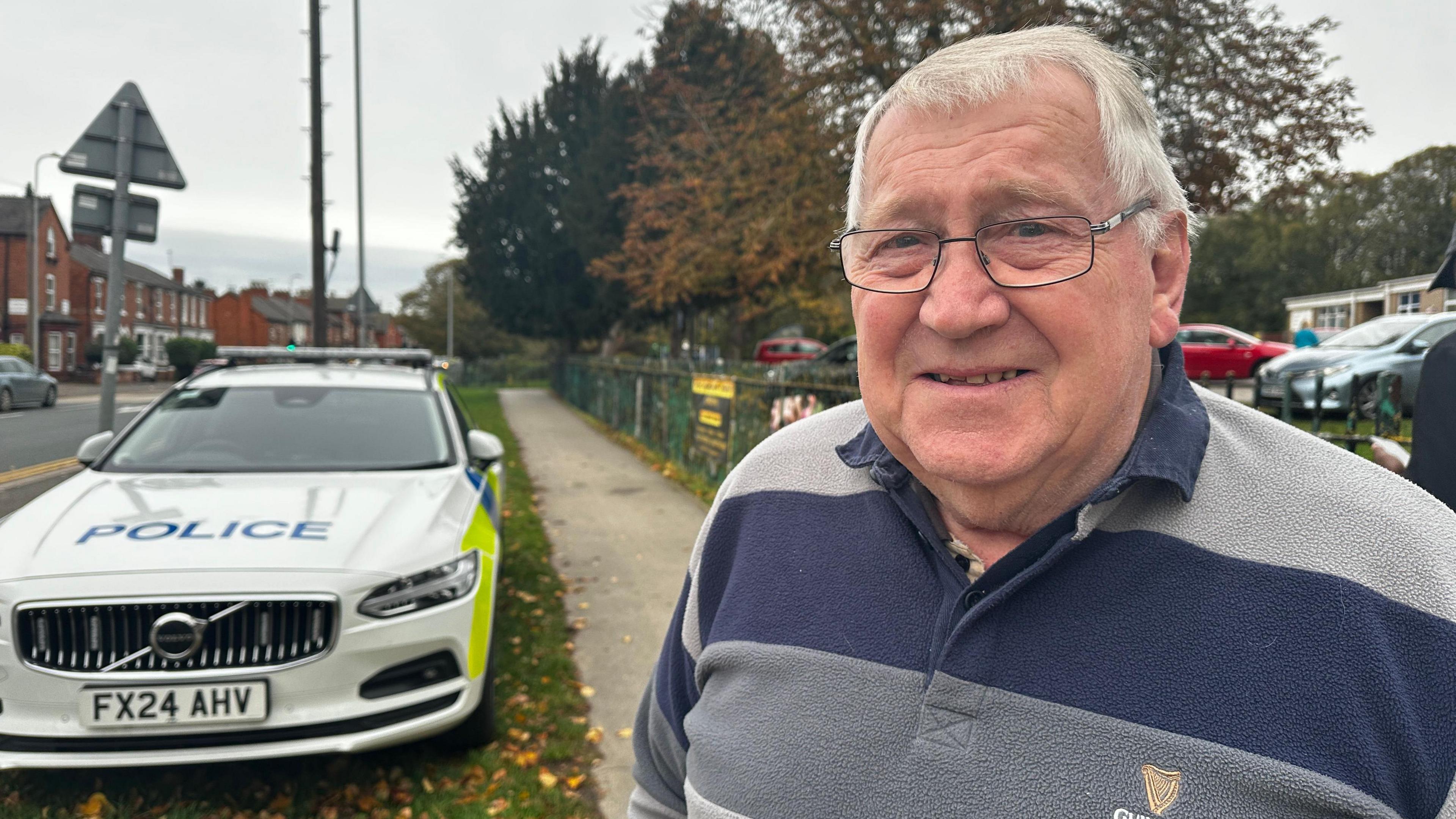
Brian Lee passed the test and welcomed the spot checks
Brian Lee was one of the drivers stopped as part of the random spot checks.
"I was a little bit concerned when they pulled me in, obviously," he said, "you think, 'what have I done?'".
He added: "Then they asked if I'd mind doing an eyesight test. Fortunately, I've just had new specs so that was no problem."
Police said drivers' vision can decline gradually without people realising, so motorists are advised to have their sight tested every two years, even if they think they are fine.
Listen to highlights from Lincolnshire on BBC Sounds, watch the latest episode of Look North or tell us about a story you think we should be covering here, external.
Download the BBC News app from the App Store, external for iPhone and iPad or Google Play, external for Android devices
Related topics
- Published27 July 2015
- Published28 October
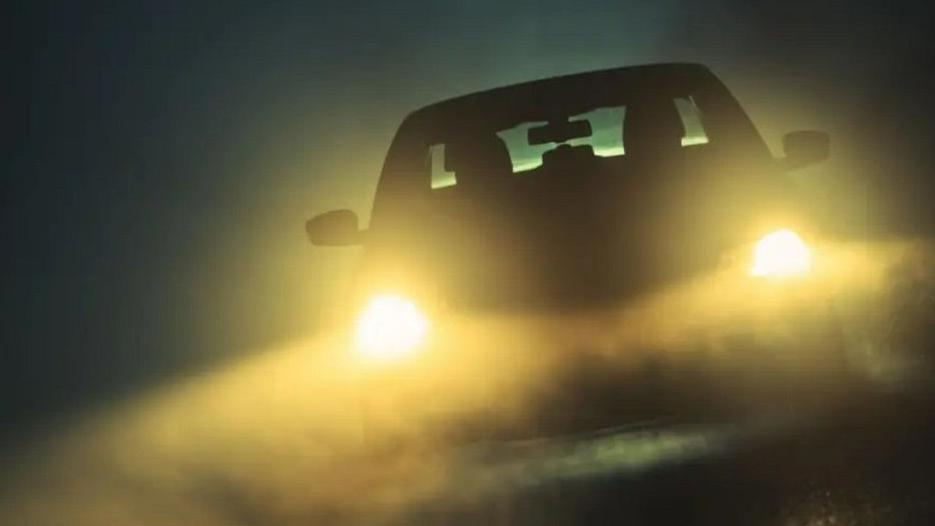
- Published27 October
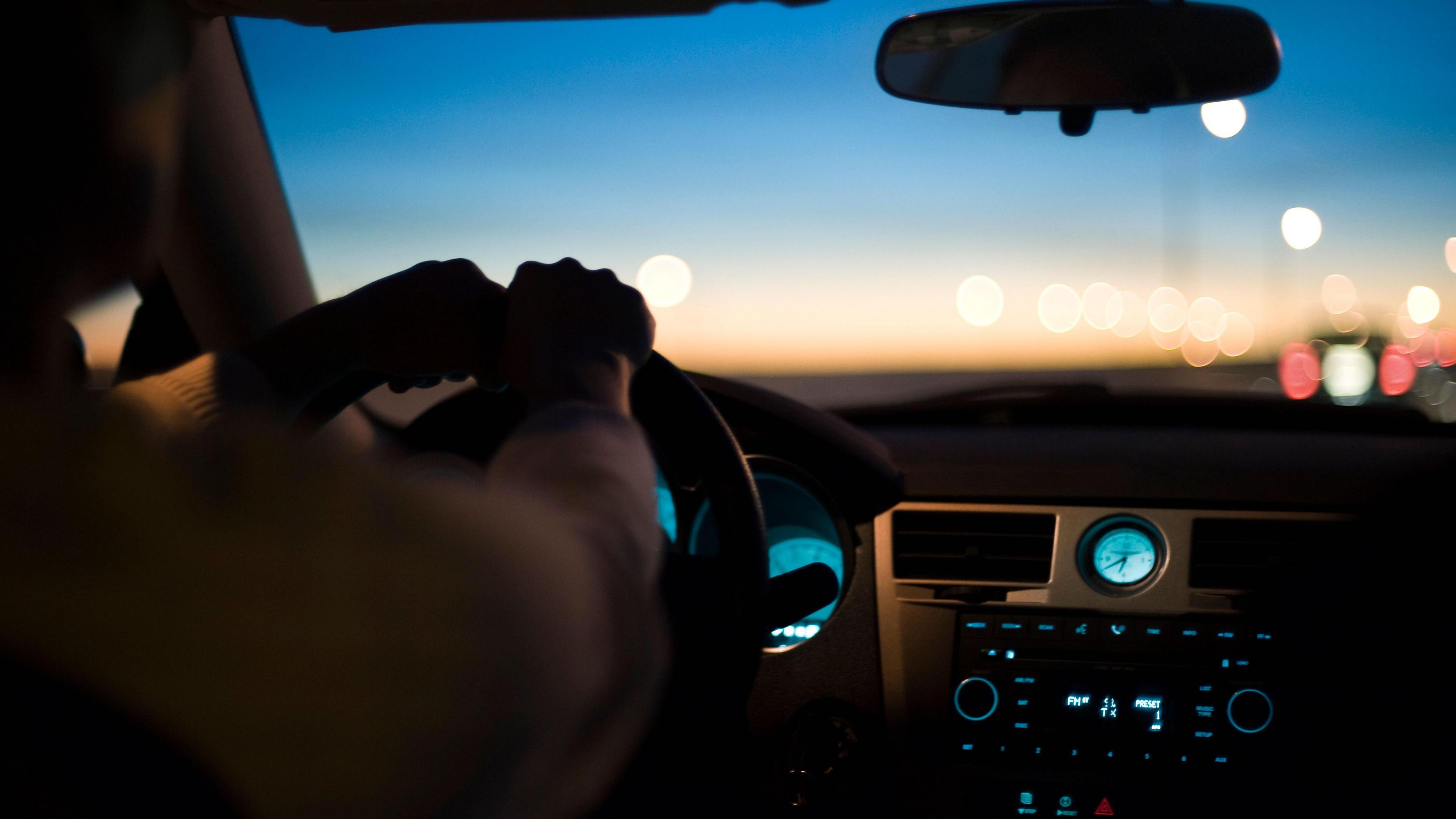
- Published18 April
